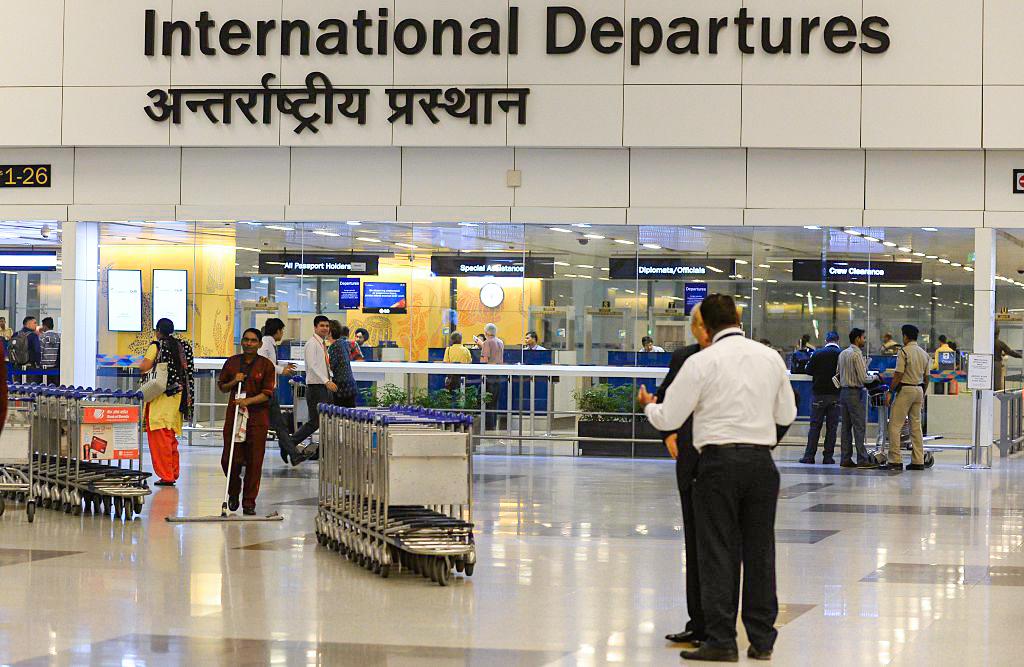Travelers to India arriving from China, Singapore, Hong Kong, South Korea, Thailand, and Japan will no longer need to take a pre-departure COVID-19 test before entering India starting on Feb. 13, according to the Indian Health Ministry.
The Health Ministry stated on Feb. 10 that the decision was made because of a “sustained and significant decline in the trajectory of COVID-19 cases in the last four weeks” across the six Asian nations.





